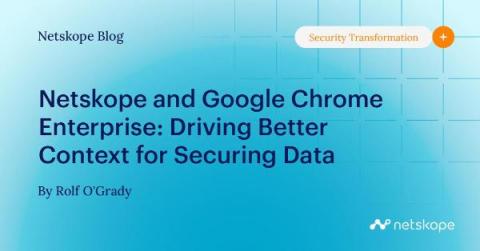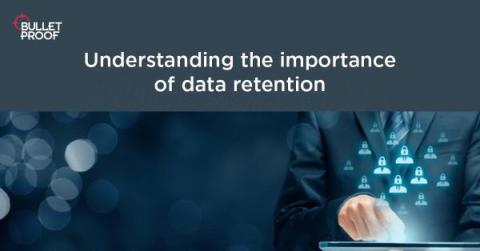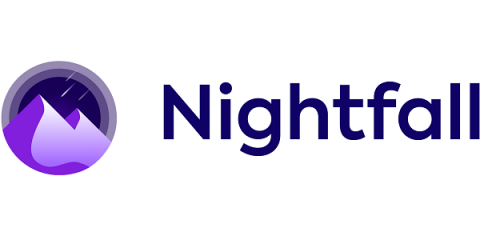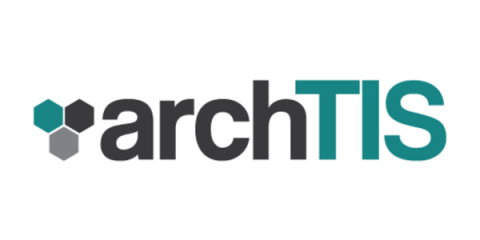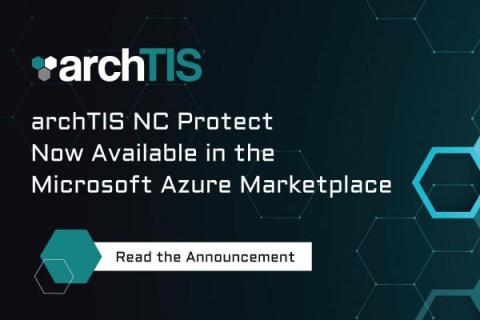What is ePHI? A Guide to electronic Protected Health Information (ePHI)
ePHI stands for electronic protected health information. Electronic protected health information is protected under the Health Insurance Portability and Accountability Act of 1996, commonly known as HIPAA. ePHI security is governed by the HIPAA Security Rule. With the rise of telehealth, covered entities need to understand the requirements for safely transmitting, storing, and using ePHI to be compliant with the Security Rule and to protect a patient’s privacy.



